Spice up your travels with "Bringing Liberia Home" - your guide to Liberia's local artisanal treasures. Discover the legendary "Pepper Coast's" modern-day natural products like Liberica coffee, honey, and Liberian chocolate as you explore this vibrant destination.
Exploring the Marshall Wetlands: Liberia's Hidden Eco-Treasure Near Monrovia
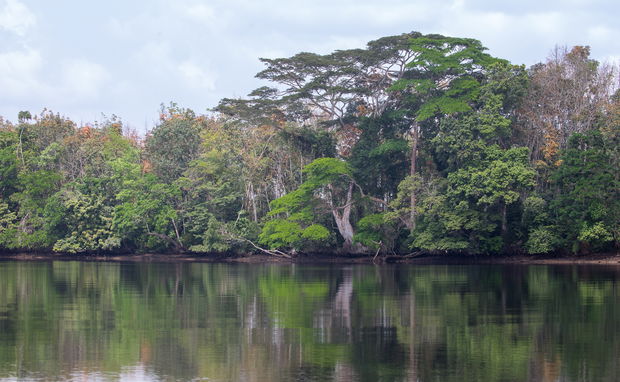
Nestled where mangrove forests meet the pristine Atlantic sands just 30 minutes from Monrovia, the Marshall Wetlands is a breathtaking coastal oasis teeming with natural wonders. This remarkable ecosystem, designated a Ramsar site of international importance, features golden beaches, three rivers, and lush mangrove forests—a vibrant tapestry of maritime, estuarine, and freshwater habitats highlighting Liberia's rich environmental heritage. The many villages along the river thrive on its resources, relying on the water for food and transportation. Visitors can relax on sun-kissed shores, explore diverse waterways and wildlife, fish with locals, and immerse themselves in the area's beauty and culture. This environmentally significant natural area is a must-see for anyone wanting to explore Liberia's nature, culture, and ultimate relaxation.
A HAVEN FOR WILDLIFE
Within this coastal marvel lies a mangrove sanctuary home to some remarkable species. The African dwarf crocodile, the West African slender-snouted crocodile, and four species of endangered marine turtles—the Olive Ridley, Green, Leatherback (locally known as the "sea tiger"), and the critically endangered Hawksbill - find refuge in Marshall’s mangroves. However, due to habitat destruction and human activity, turtles are now much less present, and it is rare to see one.
Marshall’s inland forests also provide a critical habitat for the elusive Red Colobus monkey and numerous other species. Surveys by the local Liberia Chimpanzee Rescue & Protection (LCRP) have captured 17 different species on camera traps within the proposed protected area, including Maxwell’s Duiker, Green Monkey, and African Clawless Otter. LCRP is located in the Marshall Wetlands and is the first and only chimpanzee sanctuary and conservation center in Liberia, rescuing chimpanzees who are victims of the illegal bushmeat and pet trades.
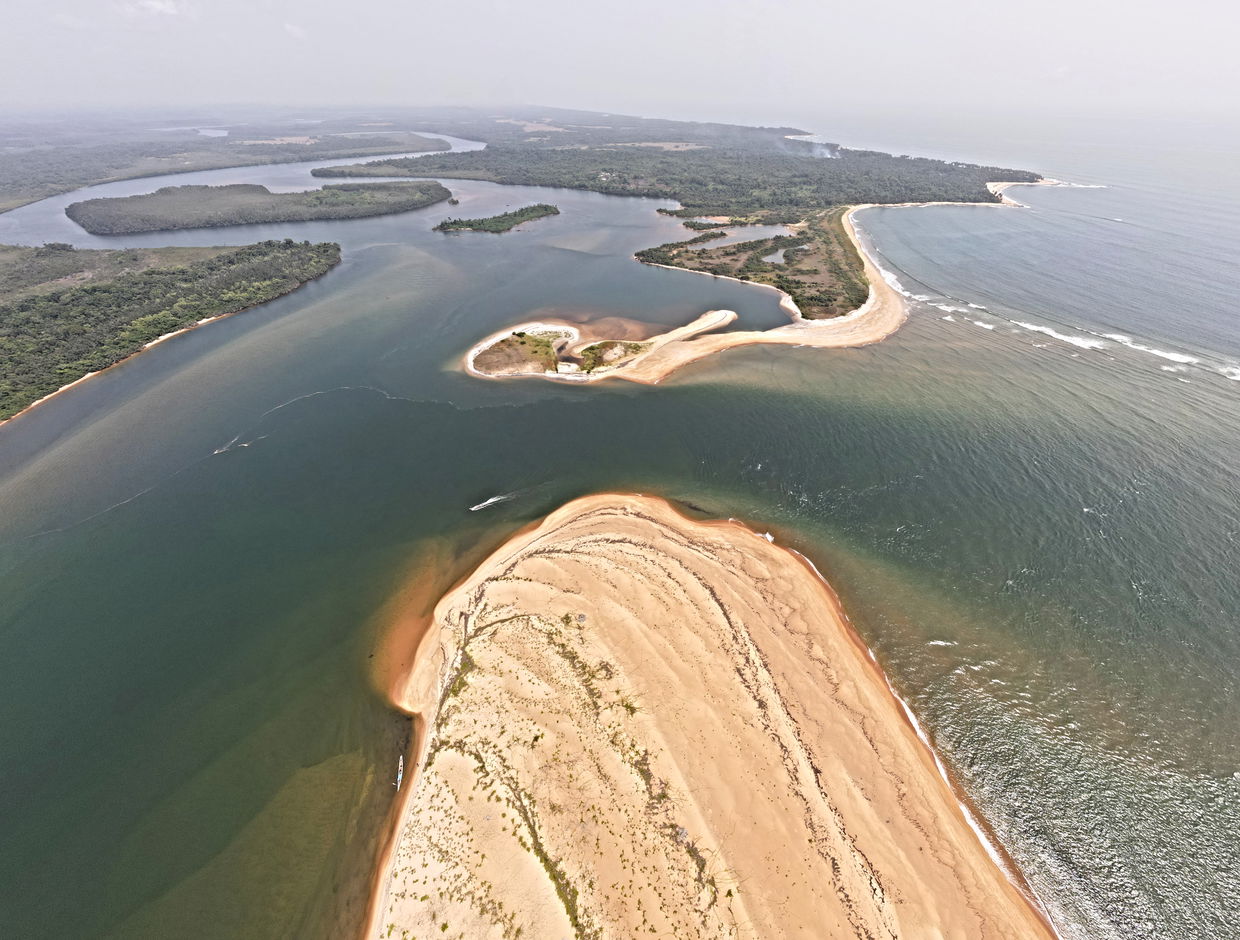 Photo: Aerial view of the mouth of the rivers of the Marshall Wetlands, photo credit: MICAT
Photo: Aerial view of the mouth of the rivers of the Marshall Wetlands, photo credit: MICAT
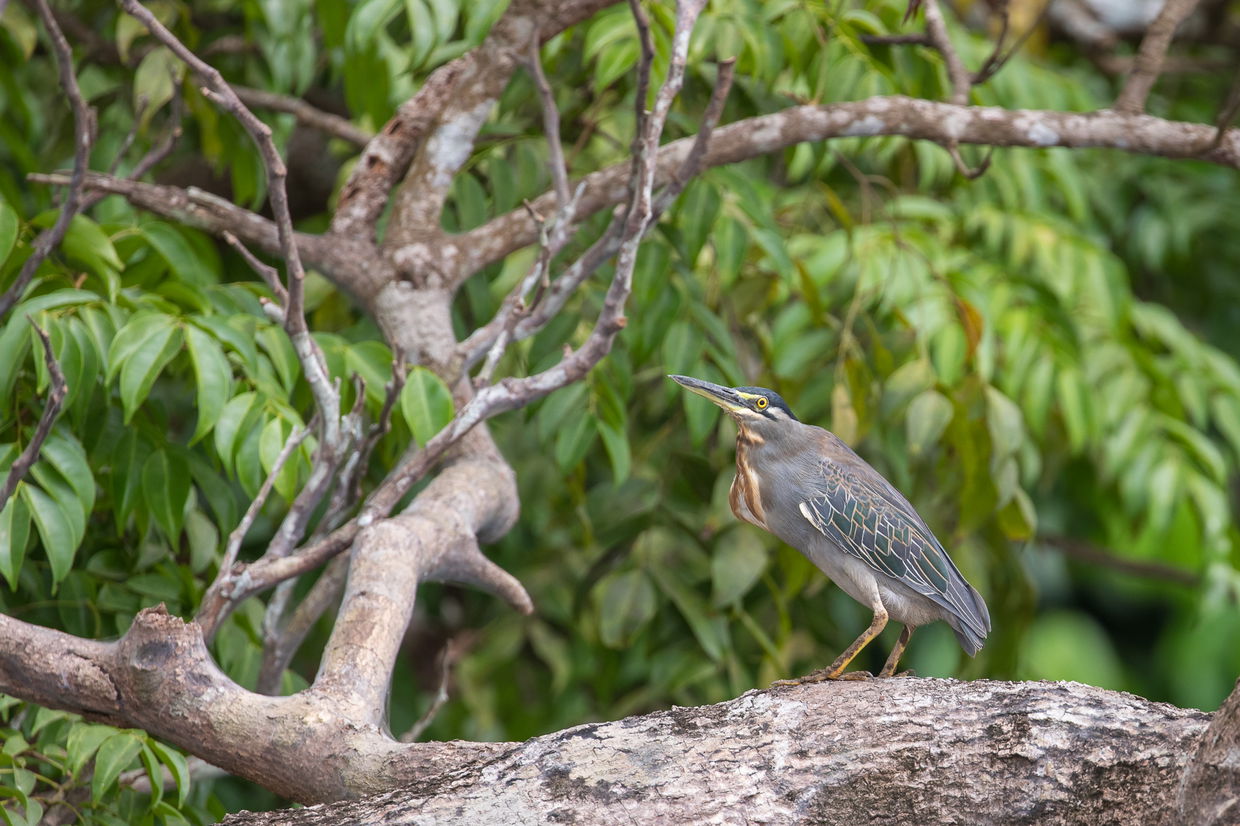 Photo: Bird in the mangrove forests in the Marshall Wetlands, photo: Peter Damerell
Photo: Bird in the mangrove forests in the Marshall Wetlands, photo: Peter Damerell
ACTIVITIES IN MARSHALL
River Exploration
Head to Marshall City, where a new tourism dock provides a jumping-off point to explore Marshall's rivers and wetlands by fishing or speed boat. Arrange a fishing or sightseeing trip on a traditional fishing boat and wind your way through mangrove forests and islands. The dock also serves as the launch for day trips or overnights at the Kokon Ecolodge, just a short boat ride away on a strip of beautiful isolated coast near Bassa Point.
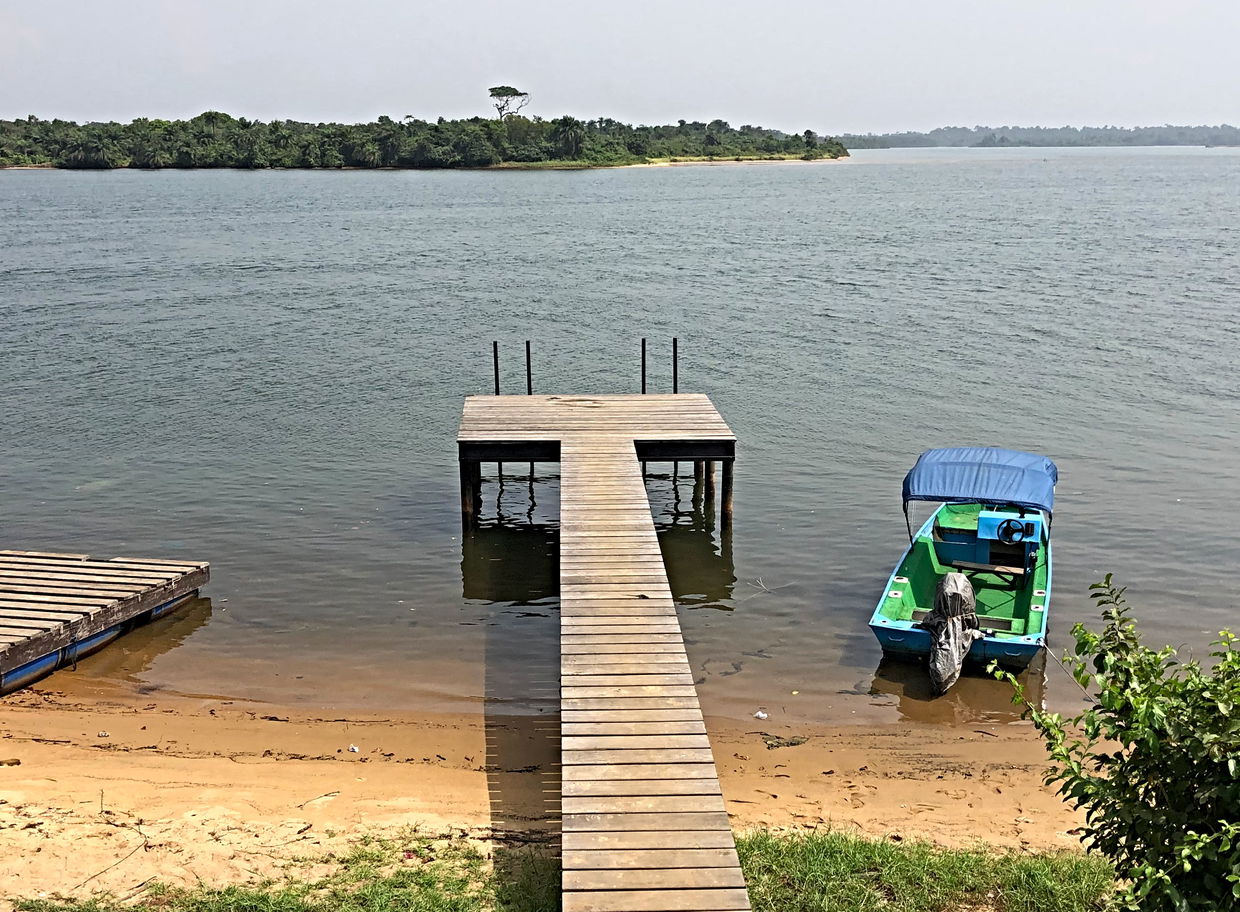 Photo: Tourist dock in Marshall Wetlands with the speedboat that takes visitors on tours on the area's rivers and takes people staying at Kokon Ecolodge across the river to the Ecolodge
Photo: Tourist dock in Marshall Wetlands with the speedboat that takes visitors on tours on the area's rivers and takes people staying at Kokon Ecolodge across the river to the Ecolodge
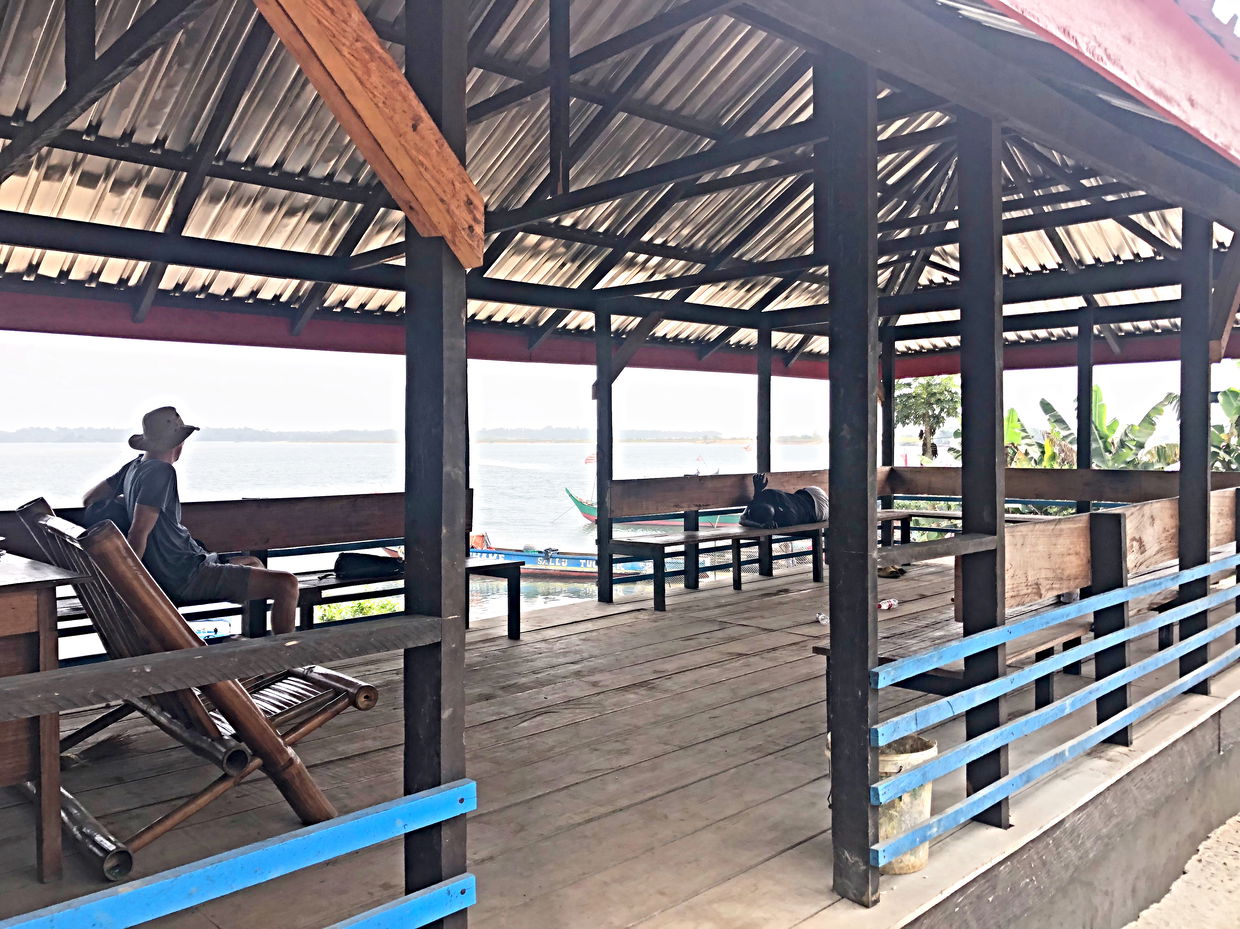 Photo: Tourism dock waiting area in Marshall City where boats pick up passengers for tours and for Kokon Ecolodge
Photo: Tourism dock waiting area in Marshall City where boats pick up passengers for tours and for Kokon Ecolodge
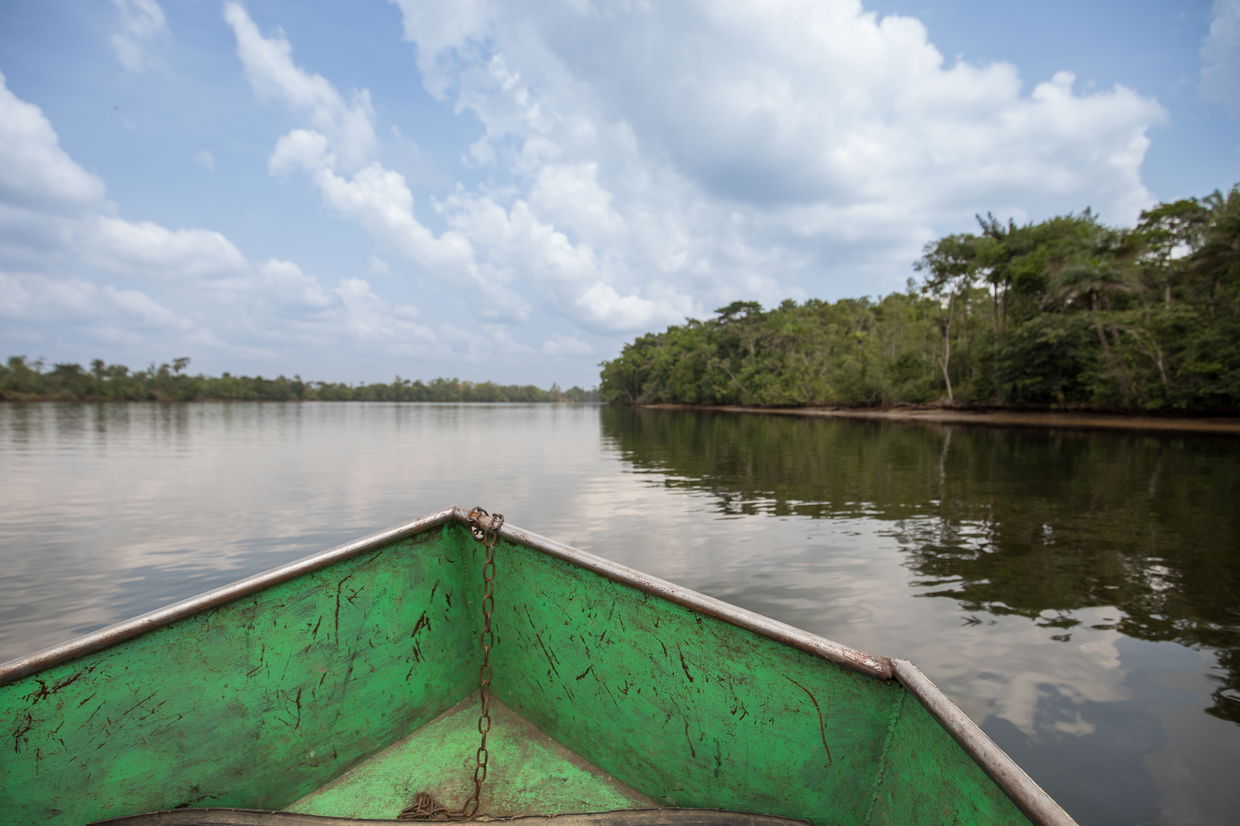 Photo: Taking a tour of the rivers of the Marshall Wetlands on a boat
Photo: Taking a tour of the rivers of the Marshall Wetlands on a boat
Birding in the Marshall Wetlands
Marshall is a true paradise for birdwatchers and nature enthusiasts alike. With over 200 bird species identified here, this vast ecosystem offers excellent opportunities to observe unique birds in their natural habitats. Marshall’s blend of habitats, including mangrove forests, rivers, sandy shores, and inland woodlands, provides rich environments for bird species to thrive. Birding in Liberia is becoming increasingly popular for both local and international birders, and Marshall Wetlands is a great place to start your birding adventure!
The Glossy Ibis, Lesser Kestrel, and Common Pratincole are among the migratory species passing through the Marshall Wetlands. Resident species also make the Marshall Wetlands a must-visit destination for avid birders, with the Rufous Fishing Owl, an endangered Upper Guinea endemic species, being one of them. Immerse yourself in the experience, and consider joining a guided tour led by knowledgeable local guides.
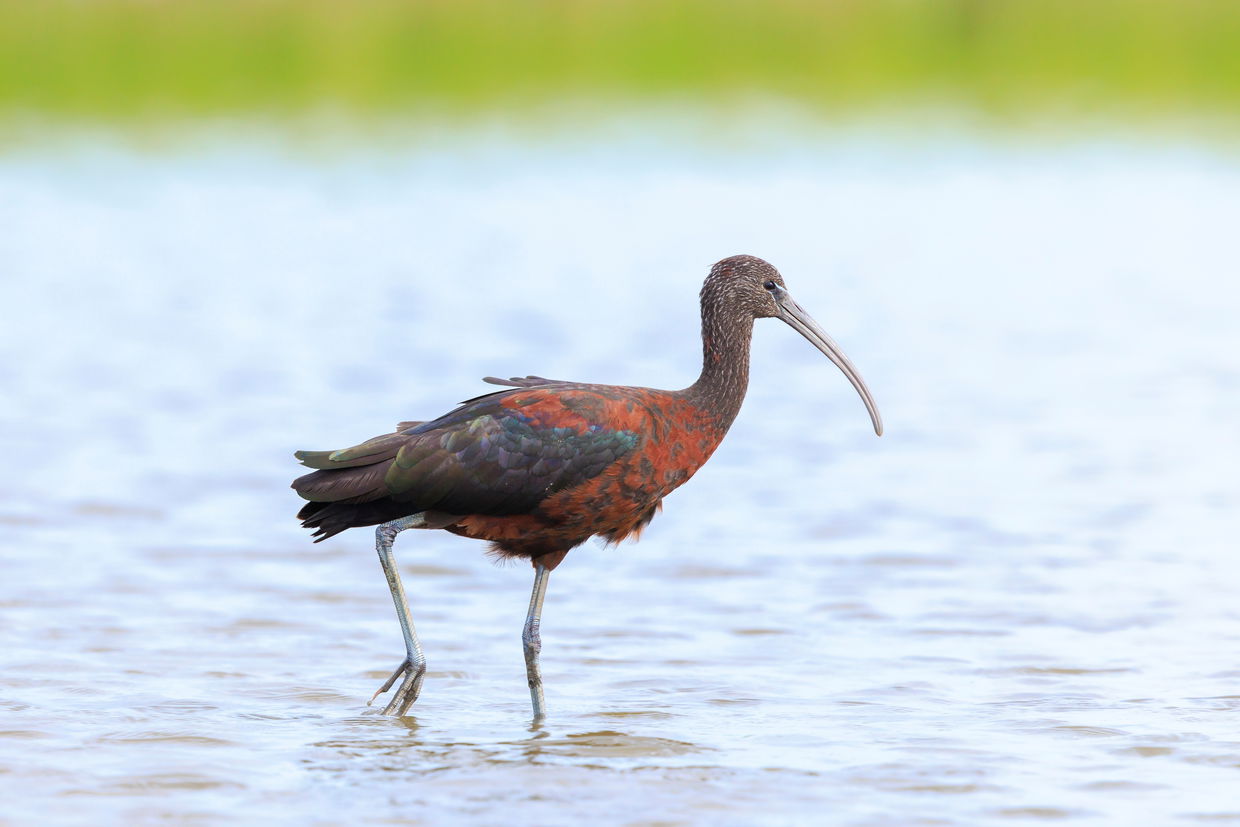 Photo: Glossy Ibis
Photo: Glossy Ibis
Beaches and Surfing
The Marshall Wetlands landscape features golden beaches perfect for both relaxation and adventure. Its coastline offers excellent surfing opportunities, with consistent waves ideal for beginners. Beach-side resorts like Libassa Ecolodge and Kokon Ecolodge provide comfortable accommodations with direct access to the sandy shores and warm waters. For a truly secluded experience, take a boat to Bassa Point and stroll along an endless, pristine beach lined with palm trees, where you won’t encounter another person in sight.
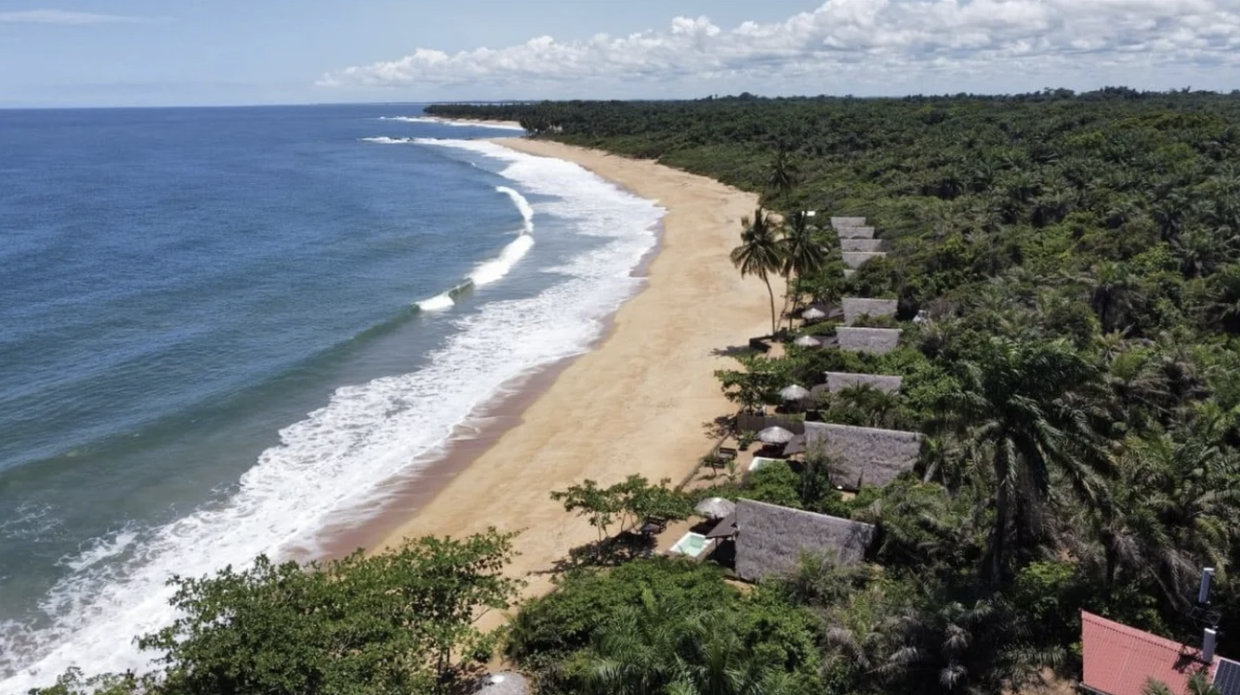 Photo: Kokon Ecolodge and Beach, photo credit: Kokon Ecolodge
Photo: Kokon Ecolodge and Beach, photo credit: Kokon Ecolodge
Libassa Wildlife Sanctuary
Near the Marshall Wetlands, the Libassa Wildlife Sanctuary offers daily tours that allow visitors to see and learn about Liberia’s amazing animals and the importance of keeping wildlife wild. The sanctuary’s mission is to provide care, rehabilitation, and release for animals confiscated from Liberia's bushmeat and pet trade while educating the public on wildlife protection laws.
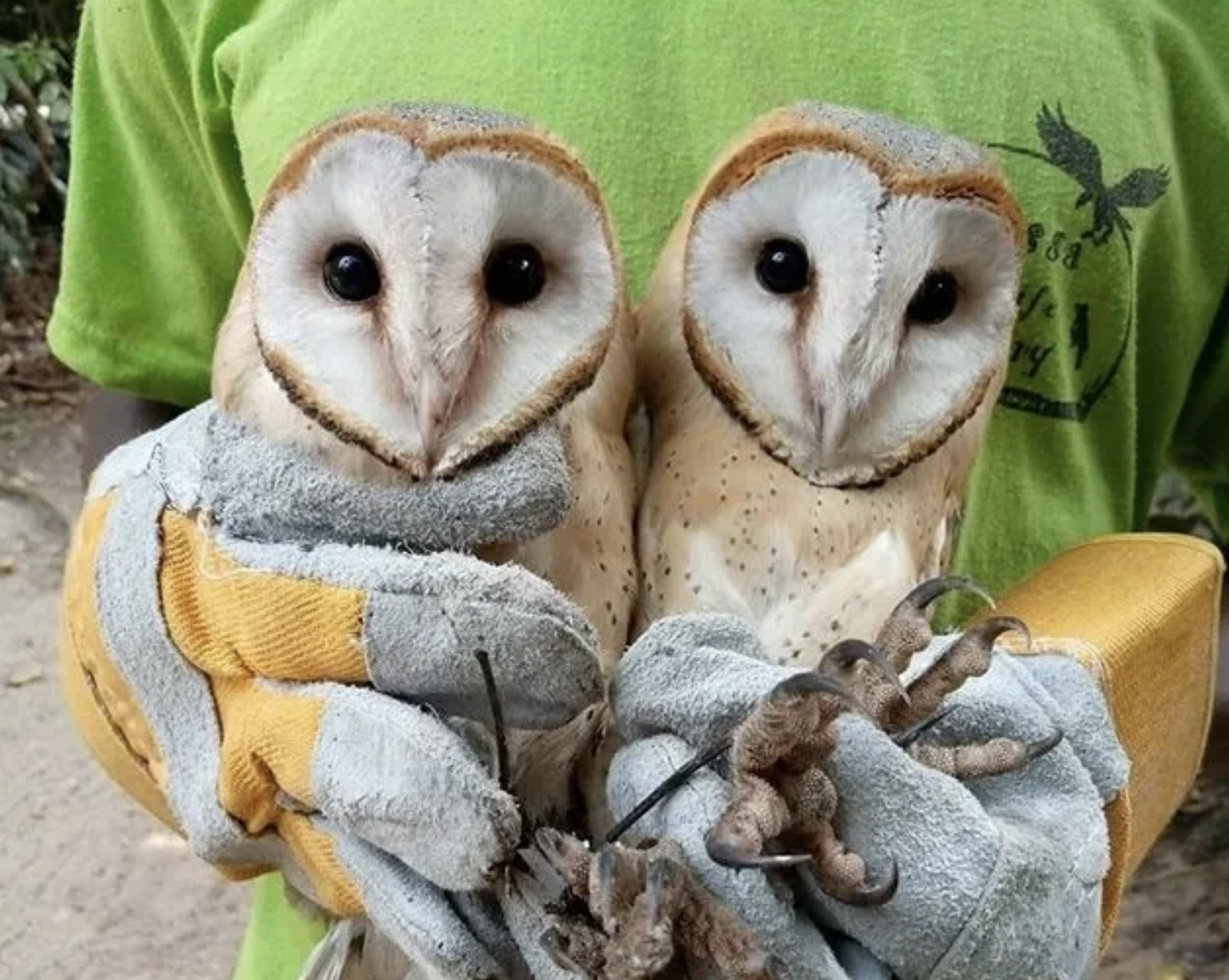 Photo: Rescued owls at Libassa Wildlife Sanctuary Photo credit: Libassa Wildlife Sanctuary
Photo: Rescued owls at Libassa Wildlife Sanctuary Photo credit: Libassa Wildlife Sanctuary
History and Heritage
Experience Liberian culture in Marshall City, where you can watch fishermen at work. Stroll through the market and the marina to see life in a Liberian fishing village. Notice the fish drying stations and the buying and selling of the daily catch. Try local food and buy fresh fish to take home and cook yourself.
For a more immersive experience, arrange a village visit through Libassa Ecolodge to learn about traditional Liberian life, fishing techniques, and local market activities. Take a boat trip down one of the Marshall Wetlands' rivers to see how over 85,000 residents rely on them for food and transportation. History lovers can visit Kokon Ecolodge, where on the way to the ecolodge, you will find abandoned World War II US military fortifications built to store arms and launch naval attacks on the Germans.
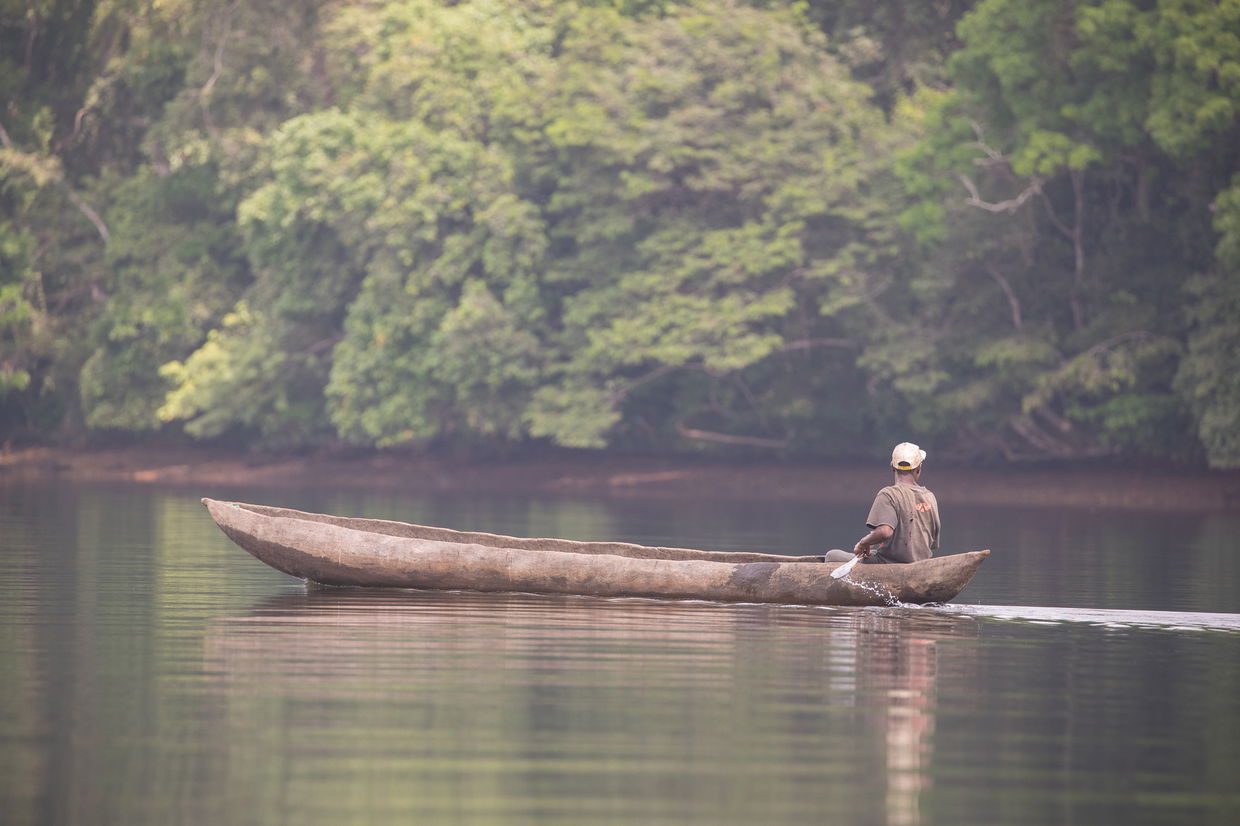 Photo: Canoe in the Marshall Wetlands, photo credit: Peter Damerell
Photo: Canoe in the Marshall Wetlands, photo credit: Peter Damerell
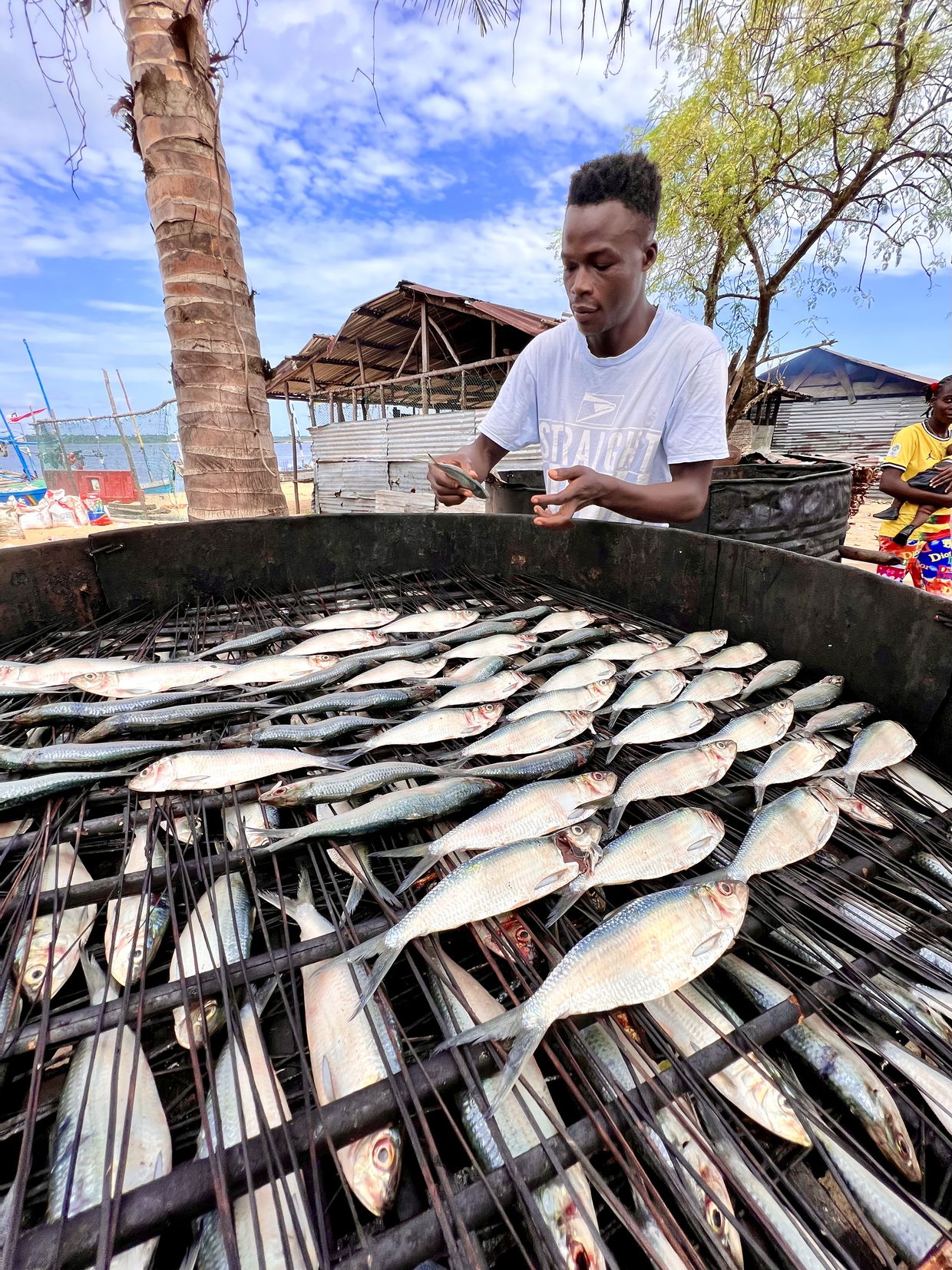 Photo: Drying fish in Marshall City
Photo: Drying fish in Marshall City
GOOD TO KNOW
Best Time to Visit
The Marshall Wetlands area is hot and humid throughout the year, with the best time to visit being the dry season from November to April.
Where to Stay
Discover a range of eco-friendly lodging options in the Marshall Wetlands area. Some of Liberia’s best resorts and hotels are located around this area. Visit www.enjoyliberia.travel/stays for more information on accommodations in Margibi and Grand Bassa Counties, the Marshall Wetlands counties.
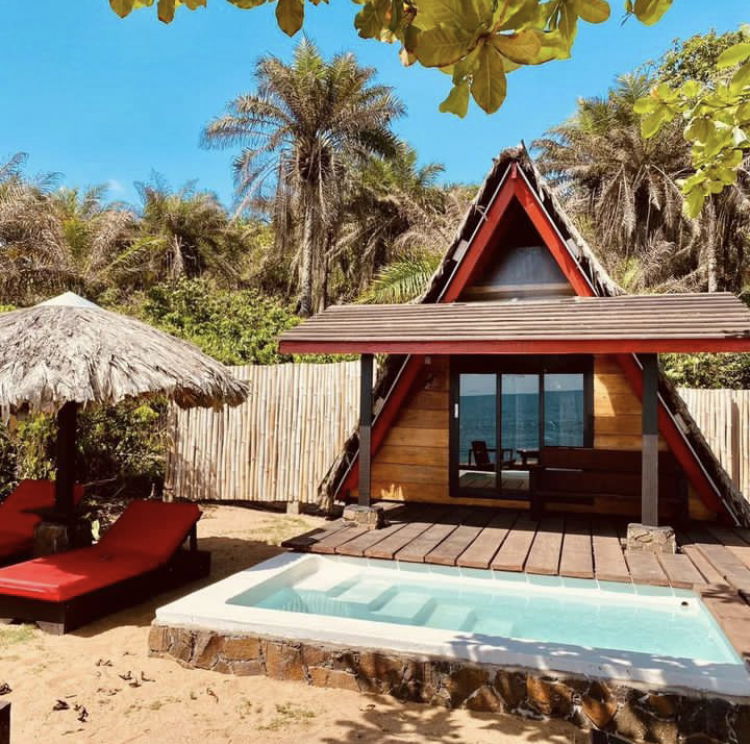 Photo: Kokon Ecolodge at Bassa Point in the Marshal Wetlands, photo credit: Kokon Ecolodge
Photo: Kokon Ecolodge at Bassa Point in the Marshal Wetlands, photo credit: Kokon Ecolodge
CONSERVATION
When you visit Liberia's protected areas, your park and guide fees support conservation efforts. These contributions help preserve precious ecosystems, ensuring that wildlife and natural landscapes thrive for future generations. By choosing to explore these areas responsibly, you are making a meaningful impact on both environmental conservation and the well-being of local communities.
Want to learn more?
Follow us on Instagram and Facebook to keep up with more stories about Liberia.
Further Reading
From dense rainforest to powerful waterfalls, Liberia's vast stretches of Upper Guinea rainforest are one of the last great frontiers of untouched beauty in West Africa. Home to Sapo National Park, Mount Nimba, Robertsport's left-hand waves, and the Kpatawee Falls, you are bound to find adventure anywhere in the country. Liberia has something for everyone. Today, it is a safe, bustling country with a vibrant culture, yet Liberia has slipped through the...
In this article, Isaac John Padmore highlights Liberia's potential to leverage its "latecomer’s edge" in tourism development. Positioned in West Africa, Liberia has been historically overlooked on the global tourism stage. However, this delayed start now presents a unique opportunity for Liberia to build a modern, sustainable, and distinctly Liberian tourism sector from scratch. Unlike countries with established tourism industries struggling with over-tourism and environmental degradation, Liberia can learn from their mistakes...


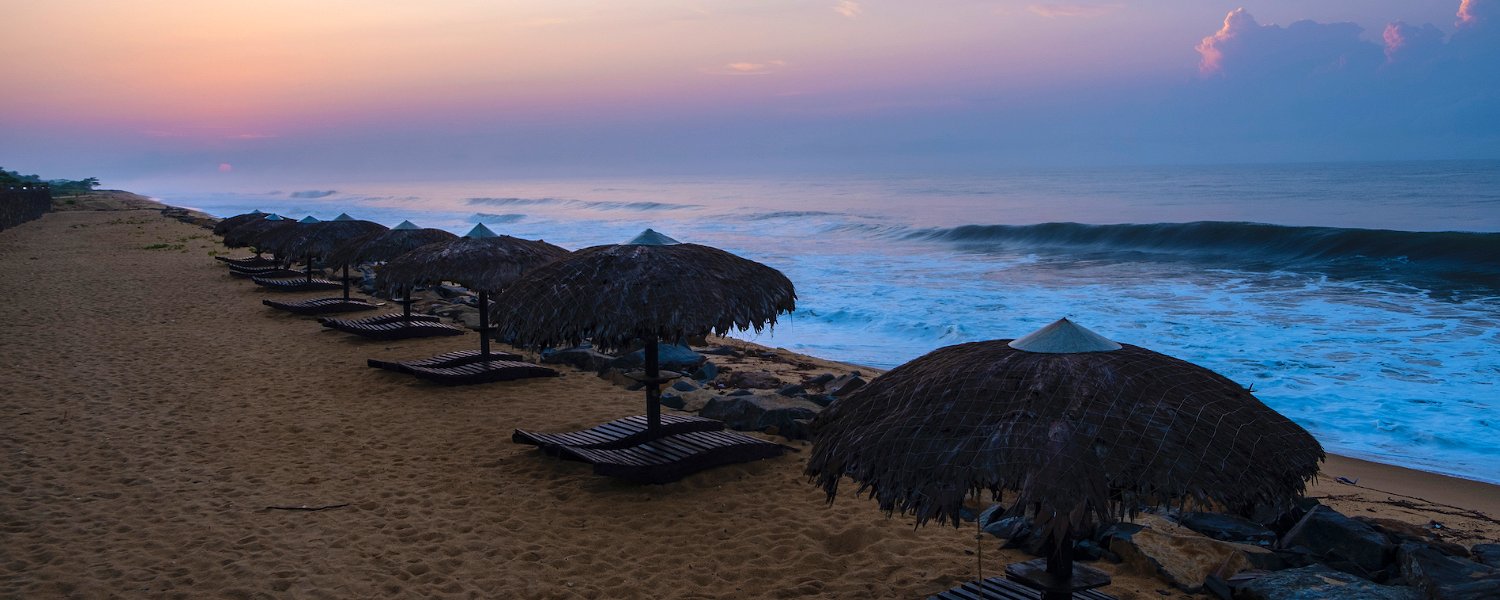



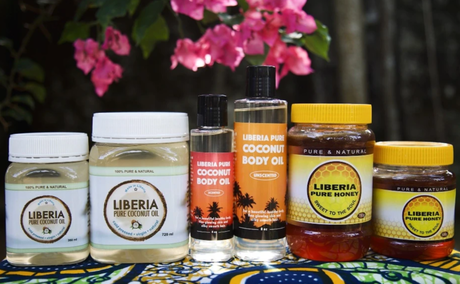
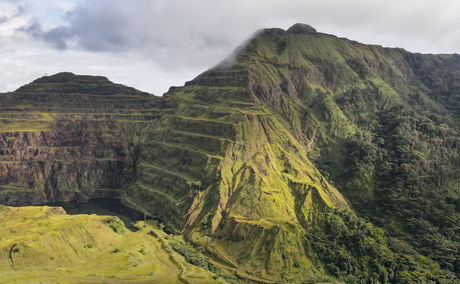
Share This Post